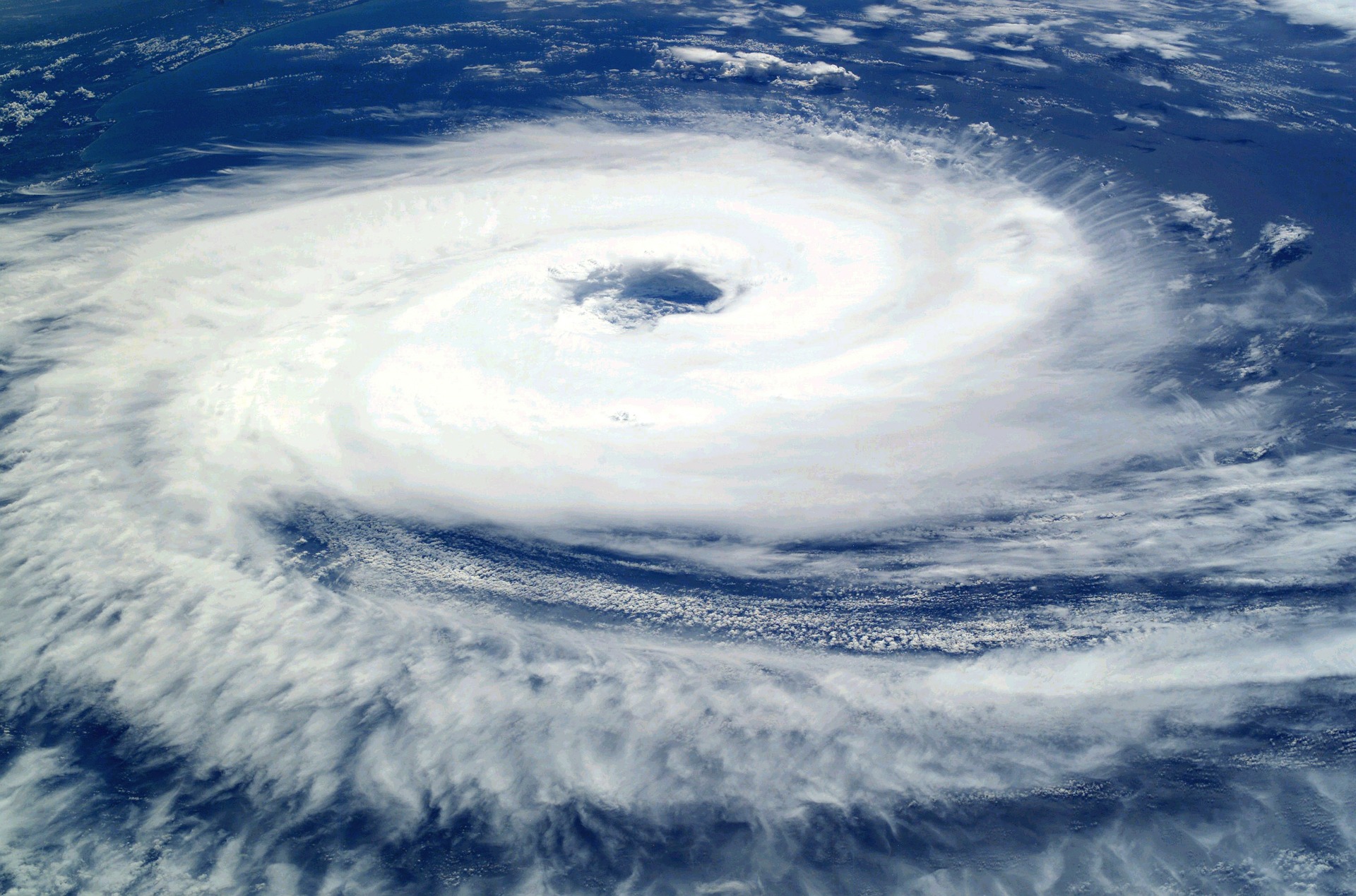Expert Reaction
These comments have been collated by the Science Media Centre to provide a variety of expert perspectives on this issue. Feel free to use these quotes in your stories. Views expressed are the personal opinions of the experts named. They do not represent the views of the SMC or any other organisation unless specifically stated.
Adjunct Associate Professor Geoff Boughton is from the Cyclone Testing Station in WA, as a part of the College of Science and Engineering at James Cooke University
Along with the community in Broome, we are watching the development of Tropical Cyclone Joyce with interest. We are hoping that there will be no damage to buildings in the community, but if there is significant damage, the Cyclone Testing Station may send a team to investigate the building performance in the area.
This information will provide vital feedback to building regulations, codes and standards, and ensure that the whole building industry is informed about problems that make some buildings more vulnerable to wind damage. This helps minimise damage in future cyclones.
At this stage, it is not possible to say how the cyclone will affect Broome, but the current Bureau of Meteorology prediction of path and intensity indicates that wind speeds in and near Broome are likely to be lower than the current building design levels.
However, our past experience indicates that wind-borne debris can cause damage to any buildings. It is really important that people have cleaned up any loose items that could be picked up by the wind. There is still time for communities near the predicted path south-west of Broome to secure loose items and remove shade sails.
During recent tropical cyclones in both WA and Queensland, significant volumes of water have been blown into undamaged houses, and the Cyclone Testing Station is currently working on ways of reducing the volume of rain water that comes into houses in tropical cyclones.
This water comes through small gaps on the windward side of the building, and in the past, people have tried to mop it up as it comes in. However, it is really dangerous to be in front of large windows in a tropical cyclone, because wind-borne debris can break them, with the potential for serious injury.
The best strategy is to follow Department of Fire and Emergency Services recommendations and shelter in a small room that has small windows - bathrooms or laundries.



 Australia; WA
Australia; WA


